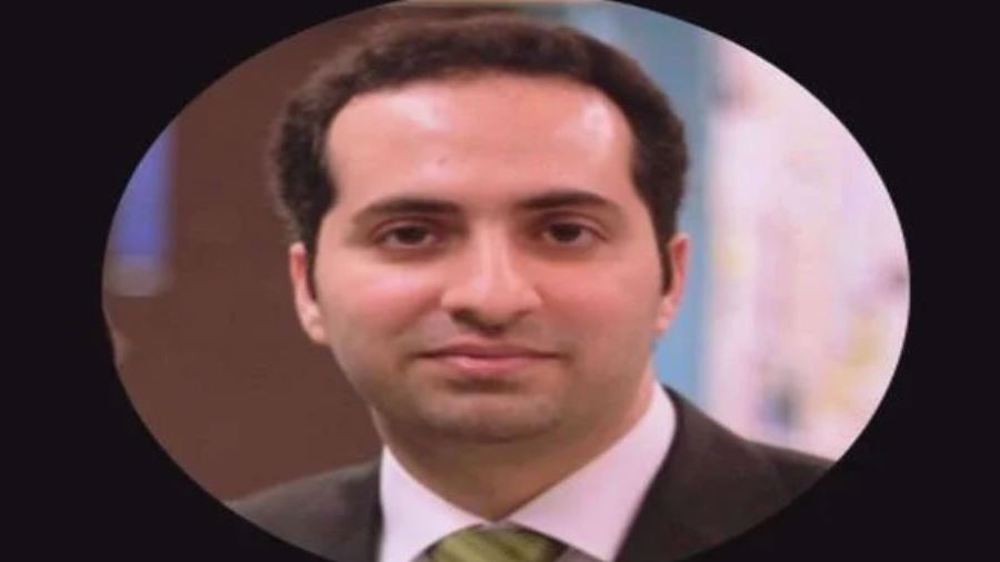Iran welcomes rejection of ‘Islamic Emirate’ revival in Afghanistan: Envoy
A senior Iranian diplomat says Tehran welcomes the UN General Assembly’s rejection of the idea of reviving an “Islamic Emirate” in Afghanistan and its call for protecting the country’s constitution.
Majid Takht-Ravanchi, Iran’s ambassador to the United Nations, made the remarks in a Thursday address to the 40th Plenary Meeting of the UN General Assembly, entitled “The Situation in Afghanistan”.
He praised the Afghan government’s positive approach to peace talks with the Taliban, and at the same time urged the militant group to stop attacks against Afghan security forces in order to show their good faith.
He welcomed the progress made in the peace talks and expressed Iran’s preparedness to play a more active role to help its success in coordination with the UN.
“A sustainable peace in Afghanistan should not be imposed from abroad,” he said, adding that the peace talks are not expected to resolve all the problems of the past decades over one night.
“All foreign players must avoid interfering in the peace talks that must be facilitated by the UN. In this regard, we welcome the General Assembly’s call for further UN interaction in the peace process,” he added.
Takht-Ravanchi said despite the beginning of peace talks, the security situation in Afghanistan is still worrying, as the number of attacks against civilians and civilian infrastructure including educational and diplomatic centers is on the rise.
“We strongly condemn all these attacks, most of which are carried out by terrorist groups, especially Daesh whose elements are still being transferred from Syria and Iraq to Afghanistan,” he added.
The Iranian ambassador expressed regret that the opposition of certain Western countries made it impossible to include an independent paragraph in a resolution about the threats posed by Daesh in Afghanistan, even though the group’s presence is a serious danger for the security of Afghanistan and the region.
Takht-Ravanchi also said that Iran’s support for the General Assembly’s call for the preservation of the constitution and its rejection of the restoration of “the Islamic Emirate” does not mean that Tehran acknowledges or agrees with the continued presence or activities of foreign forces in Afghanistan.
Violence continues in Afghanistan even as the Kabul government negotiators and the Taliban have been meeting in Qatar to reach a peace deal. Little progress has been made in meetings between the two sides since the talks started on September 12.
Both sides have routinely accused each other of upping hostilities and killing civilians.
The United Nations has already warned that it is alarmed by the steep increase in the number of civilian casualties in Afghanistan and a “striking deterioration” in the security situation.
The escalation of violence comes as the US is withdrawing its forces from Afghanistan 19 years after invading the country in October 2001.
The US overthrew the Taliban’s “Islamic Emirate” which had risen to power at the time. But US forces have remained bogged down there through the presidencies of George W. Bush, Barack Obama, and now Donald Trump.
Nearly two decades on, Washington is seeking a truce with the militants, who now control or have influence in about half of Afghanistan’s territory.
The US-led war has since reportedly killed more than 150,000 people, including local security forces, civilians, militants, and foreign troops. Thousands of US soldiers and their allies have also been killed.
‘Abhorrent’: Oxfam says only 12 trucks delivered aid in North Gaza since Oct.
VIDEO | Leader receives religious eulogists on Hazrat Fatima birth anniv.
Pope Francis slams Israel’s ‘machine-gunning’ of Gaza children
US hostage-taking of Iranian nationals violation of intl. law: Deputy FM
VIDEO | Carol Singers for Palestine on London’s Parliament Square
Ansarullah says ‘Israeli terrorists’ incapable of confronting Yemen, warns of secret weapons
VIDEO | Yemenis praise the military for its successful operations against Israel
VIDEO | Israel continues to bomb Gaza homes












 This makes it easy to access the Press TV website
This makes it easy to access the Press TV website